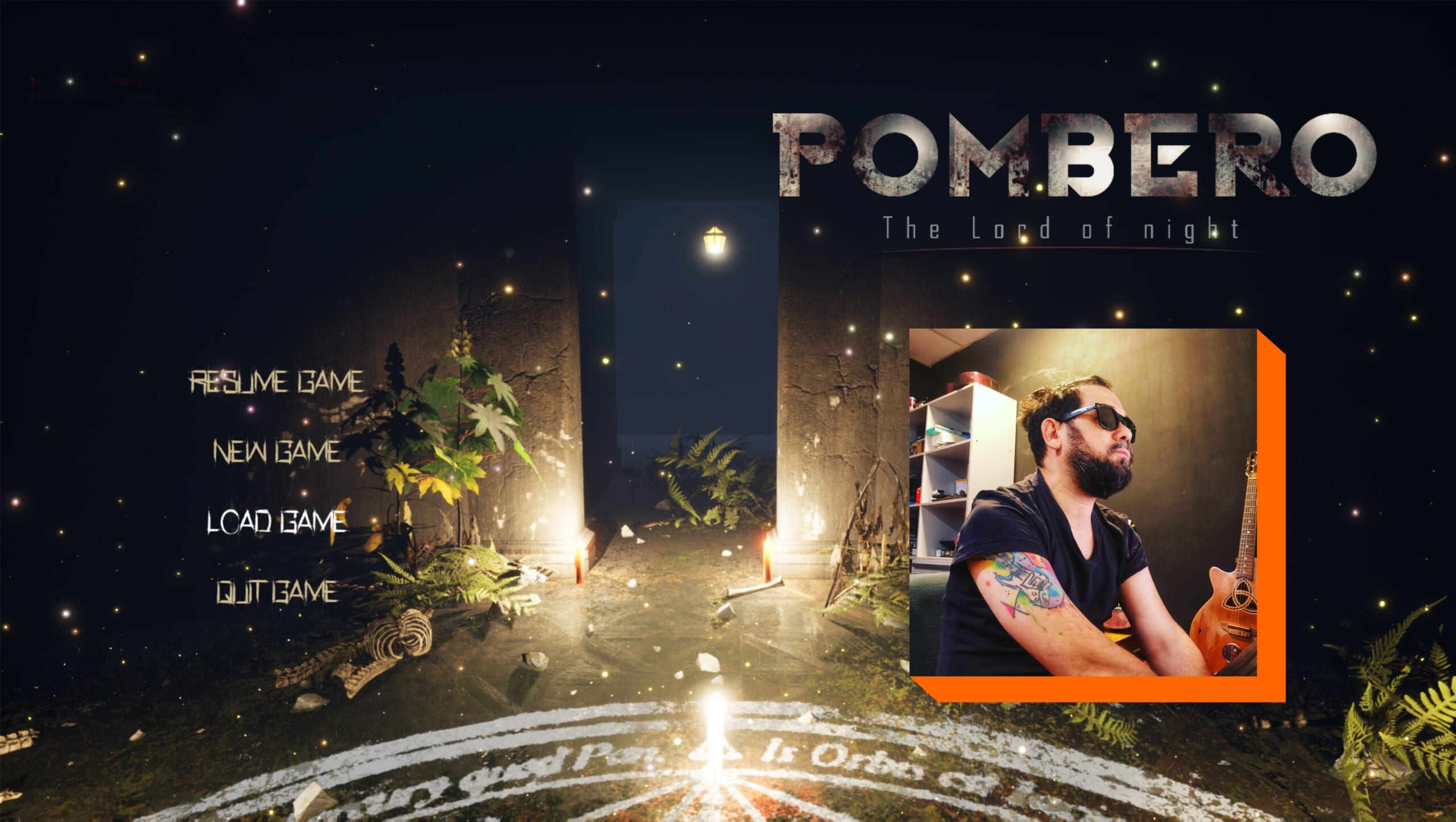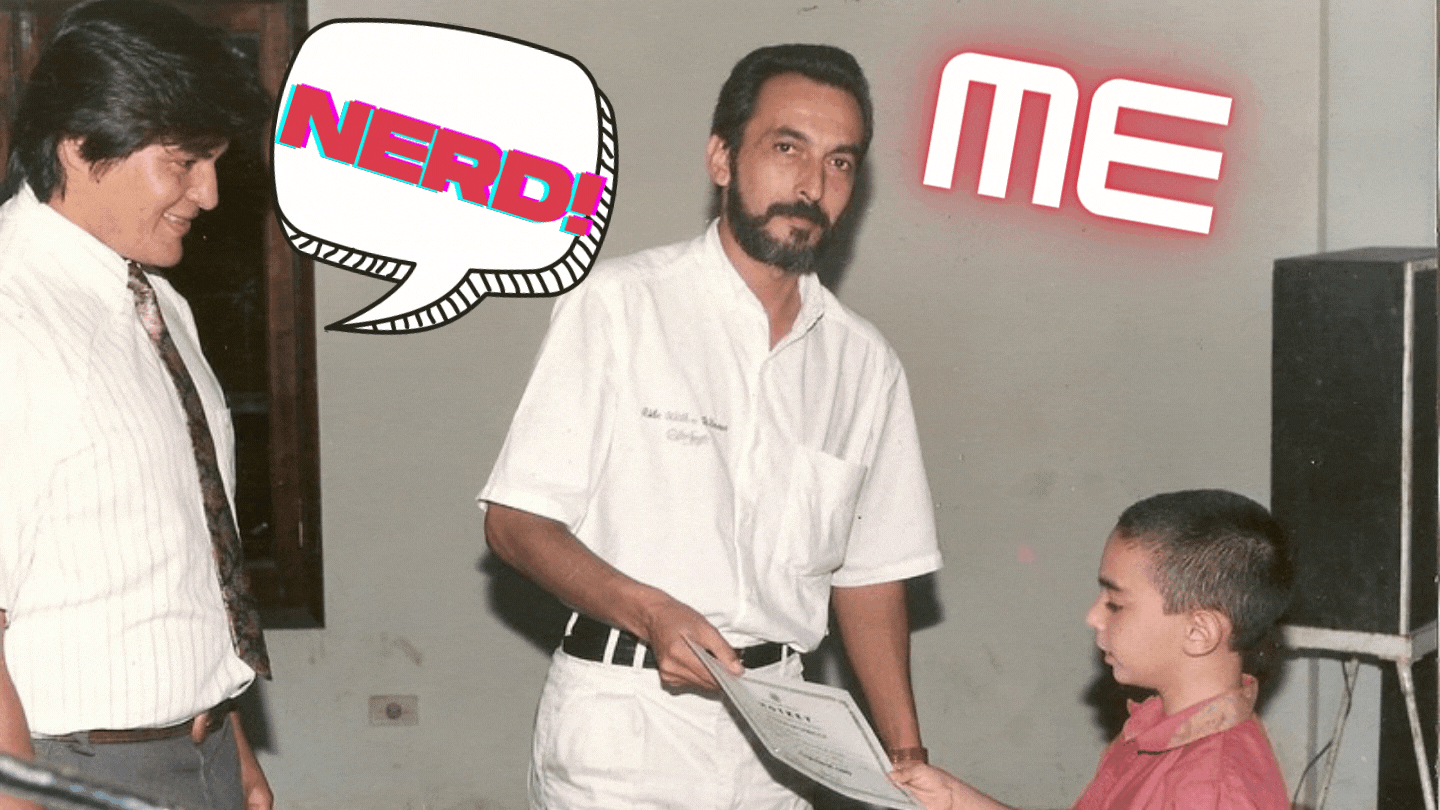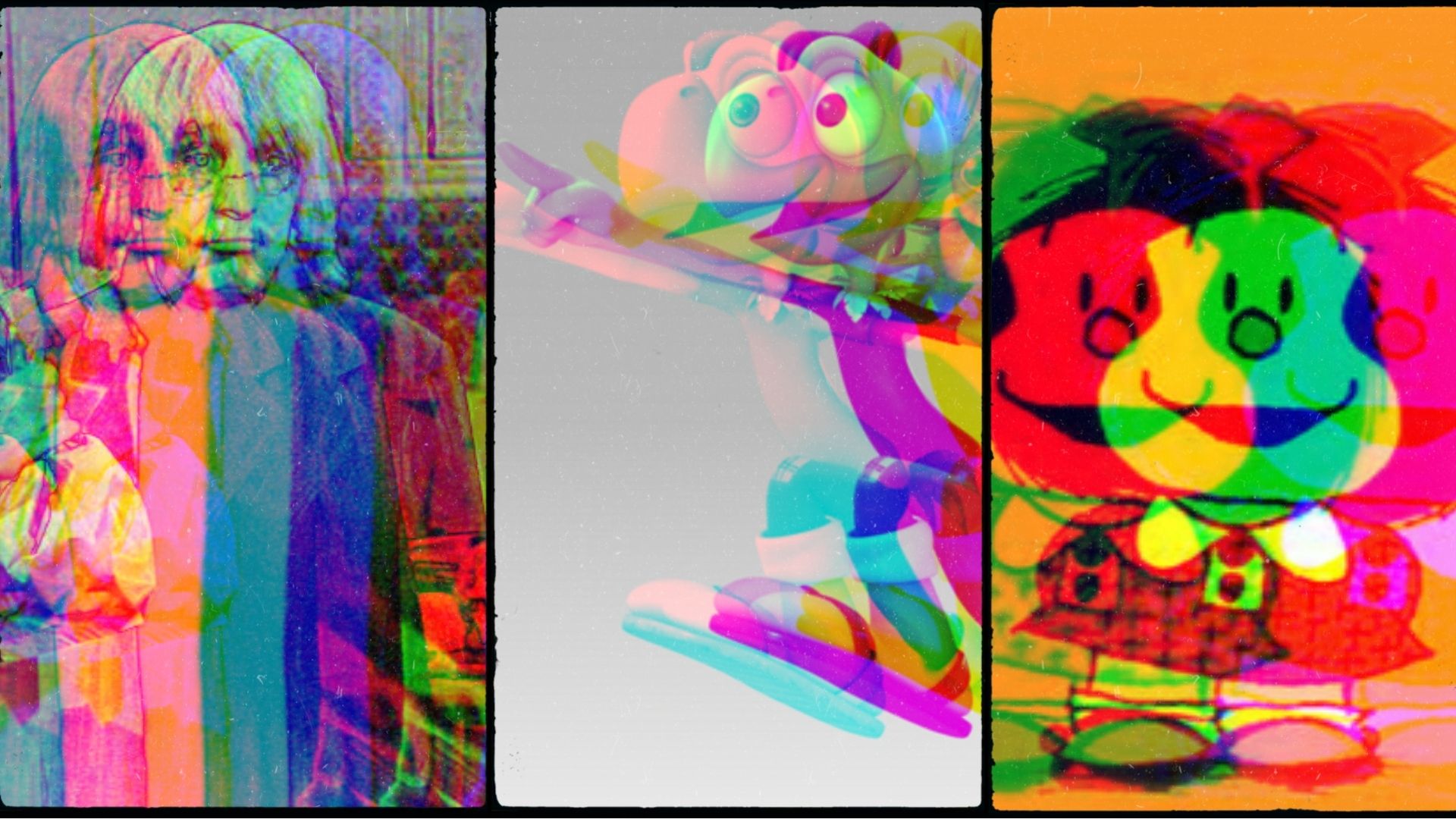
HISPANICS IN GAMES – South American Folklore & the Pombero with Fhay Alonso
Welcome to another edition of Hispanics in Games! Today we’re talking to Fhay Alonso. He’s a Paraguayan multidisciplinary artist, and the developer of the upcoming horror game Pombero: The Lord of the Night. We’ll talk about what it’s like to develop a came in Paraguay, how to bring South American folklore into a new medium for a wider audience, and more. Jump in!
Could you please introduce yourself? Talk about your career, your other releases, whether you’re a lone developer, etc.
My name is Fabián Alonso, but people know me as Fhay. I’m a self-taught photographer and designer. My interests have always been focused on the multimedia industry: cinema, video clips, video games. I started studying game development on my own, and made a few projects to test the waters. But after I decided that I wanted to give it a more serious try, I started the game development course by the great folks at Warani Studios. I had taken a course to develop my first game using Construct 2. It was called Koi, and it was about a small fish who had to escape a tank full of bigger fish.
I took Warani Studios’ Unreal Engine development course, and that’s the engine that I use to this day. I was involved in the development of a small game called Legion Z, which is available on the Android Play Store.
I’m currently working on my game Pombero: Lord of the Night, all by myself.
What motivated you to work with a story as characteristic and emblematic in Paraguayan folklore as the Pombero?
It’s always been a dream of mine to adapt those old stories to a modern setting, so the plot in the game was initially developed to be worked into a short or feature film. But after I started working on game development, I shifted to that medium instead.




How can you ensure that there’s international appeal when working on such a Paraguayan legend?
From the very first day, the story in Pombero: The Lord of the Night was conceived with a universal language in mind: it’s about a mischievous goblin who can sometimes turn violent. There are similar legends all over the world, but I also made sure that the audience understood that this particular story takes place here, in Paraguay.
What are some of the challenges unique to working in this industry in a country like Paraguay? Be it logistically, economically, etc.
The biggest hurdle is the financial side of things. This is a new industry in Paraguay so there are no investors willing to support these kinds of projects. This in turn makes it difficult for aspiring professionals to make a living out of it.
After a recent event you’ve had the opportunity to collab with Paiko, one of the most important bands in Paraguayan history. What does the opportunity to work with Paiko mean to you, and what do you think their music will add to your game?
The initial goal behind including Paraguayan music was to “nationalize” Pombero, but the most important thing we’re trying to achieve is for people to understand that if they want to help this industry grow, they can do it in many different ways: they can put forth some music, write scripts, drawn concept art, etc. That way people can understand that there are plenty of things they can do to help. Other bands who are giving us some of their tracks are La Tercera and Die at War.
What was the goal behind creating this game? Was it simply self-expression? Or do you hope to create some kind of awareness about Paraguayan folklore? Perhaps give the audience a message? If so, what is it?
The main hope with this game is to be able to show that we can develop games in Paraguay which are of the highest international standard, and that our traditions and legends, when showcased the right way, can become an incredibly cool product.
Looking ahead, what do you think are some of the steps the need to be taken in Paraguay in order to support profesional game development?
I think one of the best ways to support the industry would be to add game development to the school curriculum, at least as an optional subject. And then, create competitions and give out prizes around game development. I don’t see that as an impossibility if it’s done gradually, as people grow and get better and better over time.



Now that you’re nearing your release date, what are some of the metrics you’ll take into consideration to judge whether the game has been a success or not? Number of sales by X day? Positive reviews? Or do you consider reaching the end of the development cycle the ultimate achievement in itself?
I do feel like getting the game out there will be an achievement in itself, simply because of how many hurdles I’ve had to overcome, and the time I’ve put into developing the game. Reviews are something I’ll only consider if they are constructive criticism, and with eyes to future projects.
This is all for now! Do you have any parting words for our audience?
Well, I just wanted to thank you for the opportunity to show people a bit about the work that we do here. Also, for showing people who are interested in joining the industry that there’s a huge community where we all share information and we’re all more than willing to help those who are just starting out.
You can follow me on Twitter, Instagram and Facebook if you want to talk about game development!




